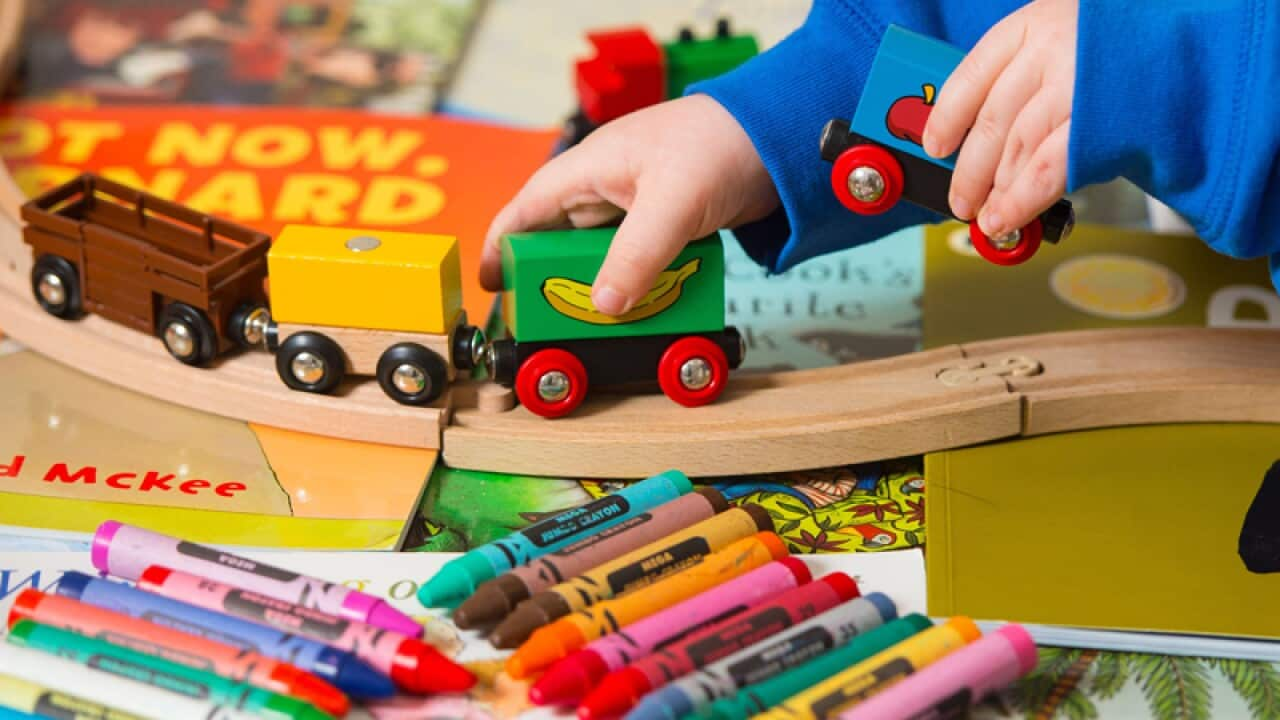A conducted by researchers at the Uppsala University’s Child and Baby Lab has examined how early social environments affect children’s consideration of gender.
The research focused on gender neutral pre-schools in Sweden—where teachers only refer to the children by name or the Swedish gender-neutral pronoun, ‘hen’ and avoid gender specific remarks, such as complimenting a girl on her clothes.
These children were more likely to play with children of other genders and less likely to form judgements based on gender.
One of the researchers involved in the project—Dr Ben Kenward— told : "If you don't limit yourself (according to gender) you have more opportunities for developing, learning, and exposing yourself to situations that allow you to develop.
“So for example if you're a girl and you don't avoid the building block toys, or if you're a boy you don't avoid playing families. Boys and girls can all develop through these learning opportunities," he said.
"Avoiding playing with children of the opposite gender is something which means you're not experiencing certain kinds of interactions that could help you to develop.
“I think it's fairly uncontroversial to claim that, and you can make those claims rooted in scientific literature.
"There are studies that show that playing with building blocks for example – something many girls don't do – is an activity known to help develop spatial cognitive skills," Dr Kenward added.
The study looked at 30 children from gender neutral pre-schools and 50 from standard pre-schools and is believed to be the first of its kind.
"There's a long tradition in Sweden of investigations and introspection over what teaching practices may lead to, but this is the first time an evaluation has really compared what the behaviour is like in these preschools in a quantitative statistical way," Kenward explained.



